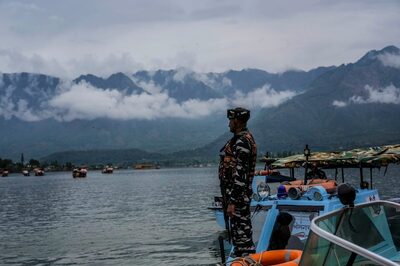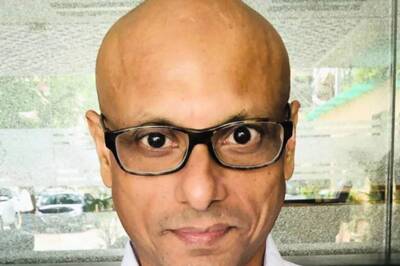
views
KALPETTA: Amidst the arecanut and coconut garden sprawling over 1.37 acres of land in Thrikkeppatta lies the house of farmer P S Varghese who had committed suicide. At first sight one would wonder why a man who owned this much land and a beautifully-built house would end his life for having a financial debt of just over Rs 3 lakh; perhaps, an amount of debt every Kerala family might have. An inquiry into this question would expose the other aspect of farmer suicides in Wayanad: the psychological, social and cultural factors and efforts to sustain the changing lifestyle.The house of Varghese had roofing with asbestos sheets but he had managed to make it appear like a terrace building from a distance, even from the courtyard. “Be it in farming or in other matters, he had maintained certain standards. He had always talked about giving quality education to children and conducting their marriages properly. Perhaps, all these concerns coupled with consecutive loss in farming might have… Anyway, we could have avoided that even by selling a portion of our property,’’ said Jessy, Varghese’s wife, who has been working as a medical representative for the last 11 years and has three daughters - Renju, Sinju and Basily.The story of deceased farmer C P Sasidharan in Mothakkara is somewhat different as he had never told anybody about his borrowings from private sources, not even to his wife Yasoda. ‘’He did not like being enquired about those things. When someone comes, he used to talk to them outside the house. We came to know about such debts amounting to Rs 3 lakh from the suicide note only,’’ said Yasoda. Sasidharan had been an active CPM worker and had a cordial relationship with the locals. “A week before his death, Sasidharan mobilised a sum of Rs 5000 to help one Vellan of the tribal hamlet who was admitted to hospital. Such a man could not keep that enthusiasm about his own life,’’ said Sasi, the brother-in-law of Sasidharan.Clinically, these suicides are related to adjustment disorders with emotional disturbances. These are egoistic suicides due to mental stress, family problems and alcoholism besides agrarian crisis, says psychiatrist and former director of Institute of Mental and Neuro Sciences (IMHANS), Kozhikode, Dr Suresh Kumar, who has done extensive research in suicide in Wayanad. Dr Suresh adds, “Majority of farmers is under stress as they could not cope with the changed lifestyle. During the 1970s and 80s, they earned well and had a good living. Now, due to repeated crop failure, they fail to maintain their lifestyle and in turn resort to pseudo finance planning like using bank loans and money borrowed for high interest to sustain high quality lifestyle instead of investing in agriculture. The ego gets shattered when there is financial crisis. They cannot accept even a slight insult to ego. They suffer a mental breakdown and commit suicides.’’According to relatives, two among the three deceased farmers had been victims of alcoholism as well. ‘’Often, these are not well-thought attempts but impulsive. The thinking will be tubular and the majority will consume alcohol during the time, which gives a pseudo energy to remove all inhibitions leading to suicide,’’ he said.




















Comments
0 comment